What I have done for the past 20+ years, though, is use my vacation message. When I went out of town, whether for work or for a conference (oops, I meant work or vacation), I put my vacation message on. I love that satisfying moment of setting it up. I find the vacation message very liberating, because I can choose whether to reply to someone – they know I am away and so it lowers the expectation of an immediate response. I particularly love that at UConn, if someone emails me from within UConn using their UConn account in Outlook, once they start the email they can see I have a vacation message, and they are, I believe, less likely to send their message. But even when I was at Penn State, I would often, while away, receive messages and then a follow up, never mind, I see you’re away, and I figured it out. Basically, I love the moment I set that vacation message and the corresponding decreasing sense of responsibility to swiftly respond to each message.
In the past though, I always continued to check email across every break, even if my vacation message was on. I often didn’t reply, but sometimes I did if it seemed important, or quick. But more critically, if it was an annoying email, or about a problem, even if I didn’t reply, it was in my head. I would be thinking about it, or feeling an increase in stress levels, because that message existed.
The summer after my first year as department head, my husband and I took a 4-night vacation to Bermuda to celebrate our 15-year anniversary. It was our first real trip without the kids since they were born. And after much deliberating and stressing about it, I decided not only to turn on the vacation message, but also not to check my work email. I still checked my Gmail account, and so people in the office knew if it was an emergency they could contact me. My vacation message explained I wouldn’t be checking email, and whom to contact instead. I moved my work email icon on my phone off of the first screen so it wasn’t always in front of me. And, for about 5 days, I never checked my work email. Seriously, would you want to be checking work email while here?:
Last summer our family went to Spain for about a week, and I did the same thing. Again, nothing went terribly wrong, no one ever had to contact me there, and I dealt with everything when I returned. Can’t really tell in the photo, but I was rather relaxed:
Thank you for your message. I am out of the office and will be doing my best to recharge before returning to the office on June 26th. During this time, I will be using all of my will power not to check my email. If this is an emergency, please contact one of the following:
[DETAILS]
Otherwise, I will certainly respond to you as soon as I can when I return.
In the past, I have used variants of this message, with lines such as “I hope that you also find times to disconnect and recharge this summer.” This trip was a bit longer, but again, nothing burned down in my absence. And, with jet lag, I was up at 5:00 AM my first morning back and had sorted through all of the email by about 7:00 AM, even though of course I didn’t respond to everything in 2 hours. Instead of checking email, I was taking time to really appreciate the scenery, like at this moment after climbing 212 stairs in Bath Abbey (thank goodness for all of my stairs walking at work):
“The joy of the vacation message first appeared on Eva Lefkowitz’s blog on July 2, 2019.”


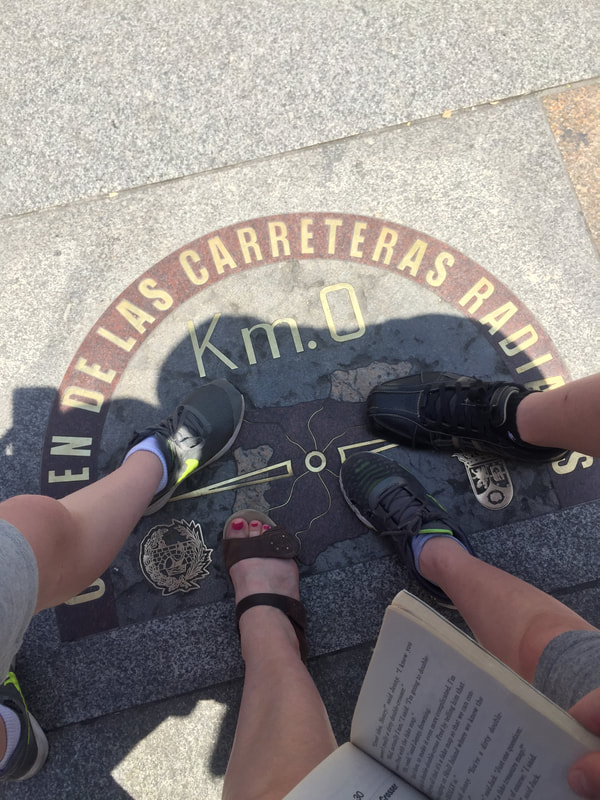

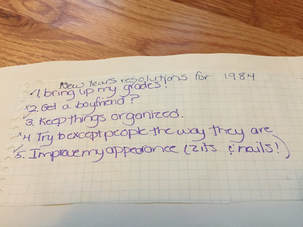
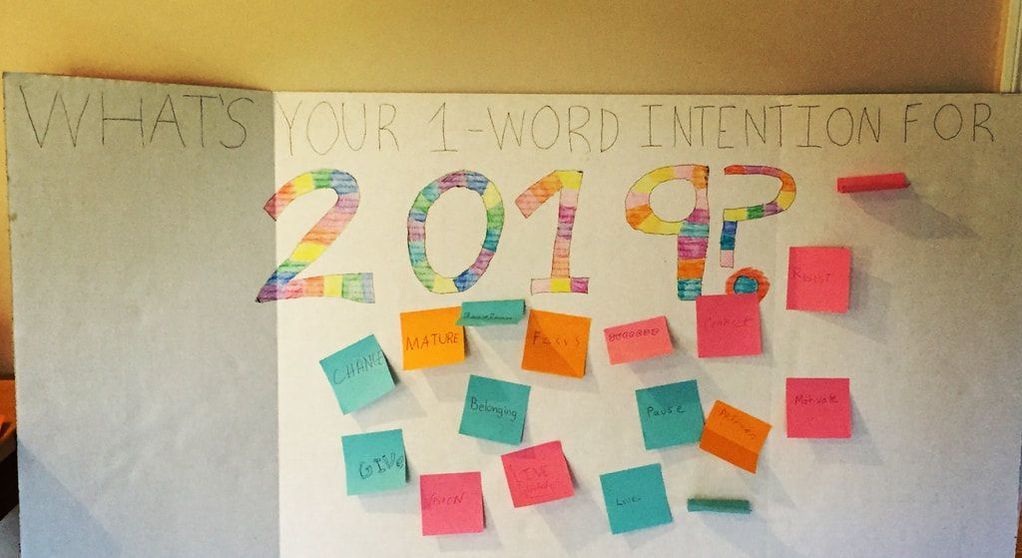
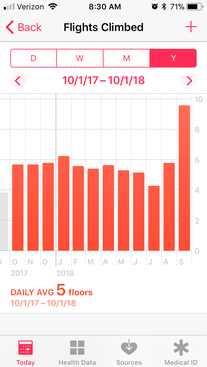
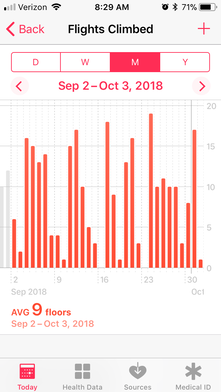
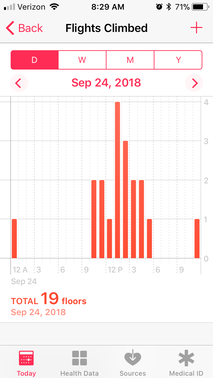
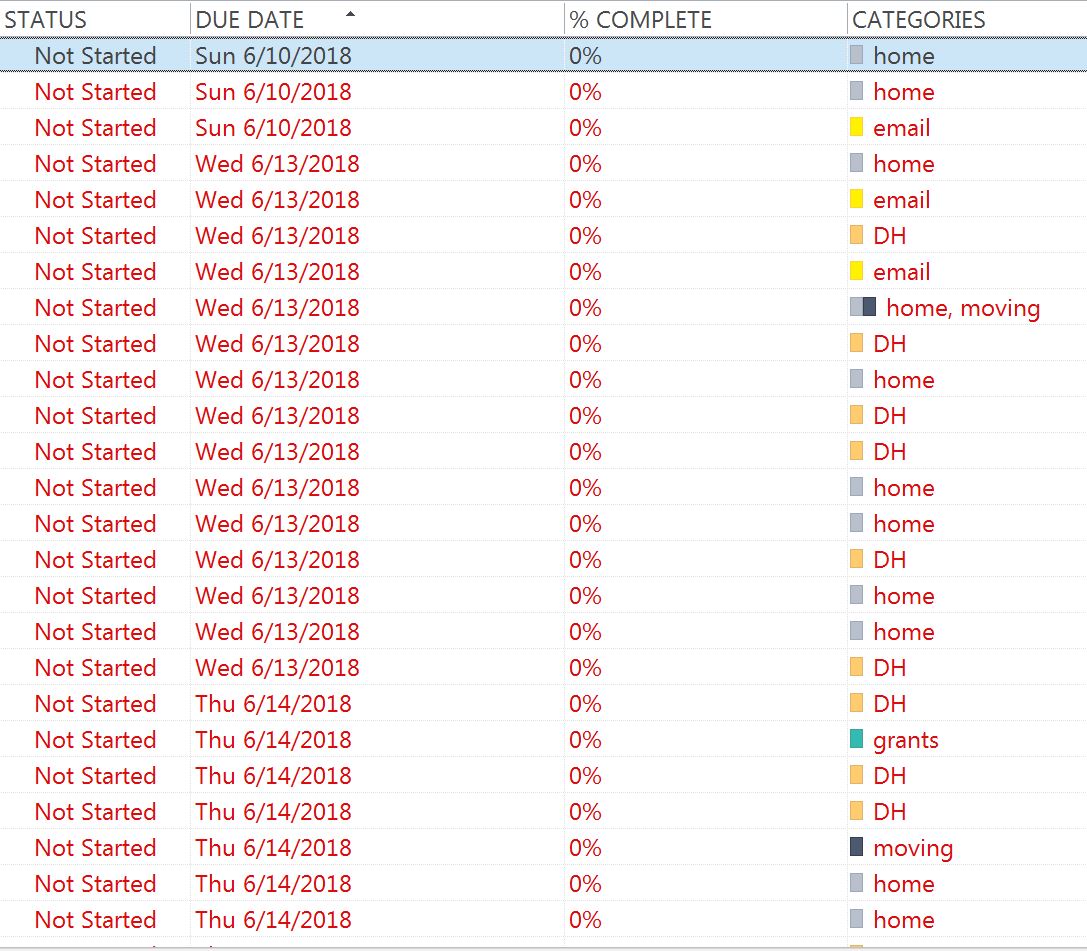
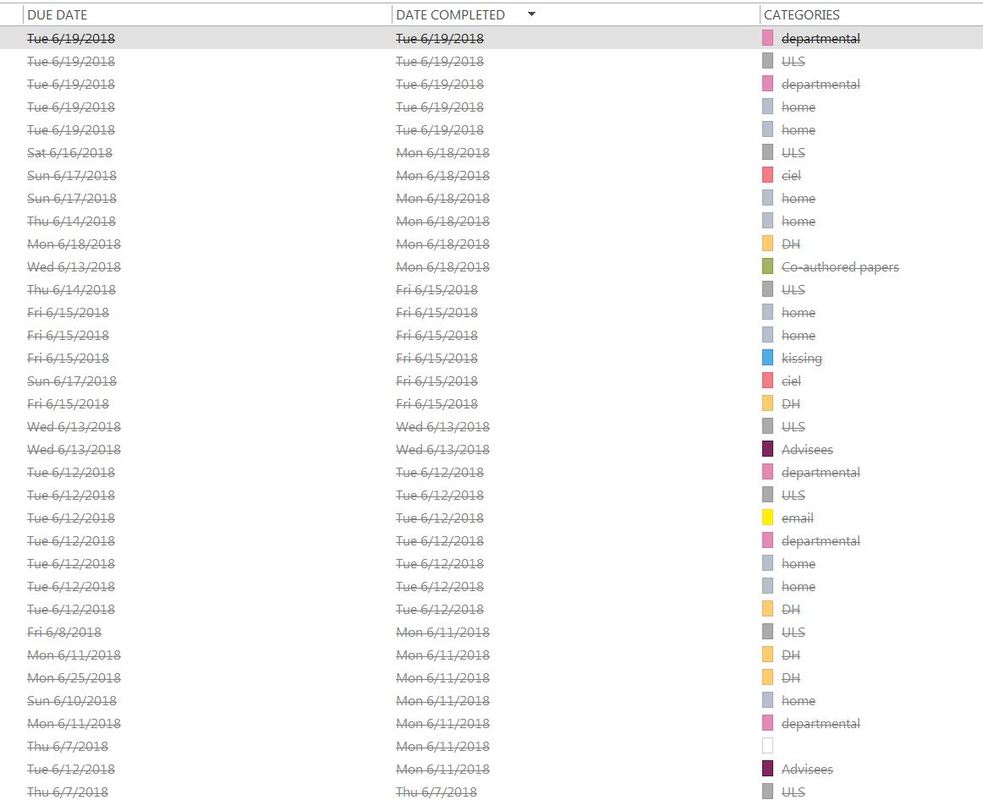
 RSS Feed
RSS Feed
